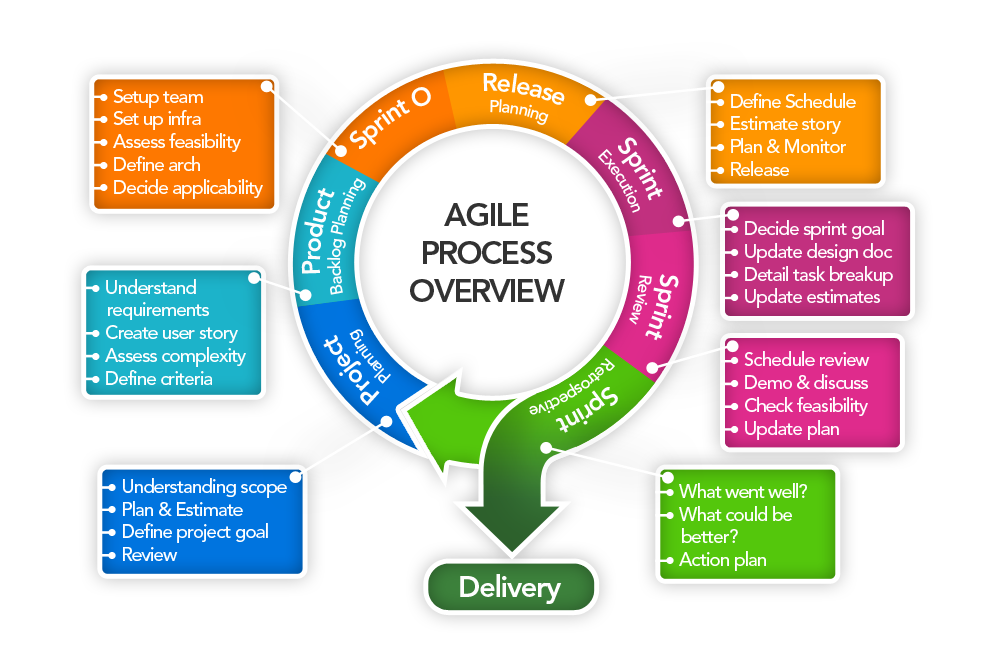In today’s fast-paced and ever-changing business environment, companies are constantly striving to find ways to improve efficiency and adaptability. One of the most effective methods for achieving this is by implementing Agile methodologies in business operations.
Agile methodologies, originally developed for software development, have proven to be highly effective in a wide range of industries. By focusing on collaboration, flexibility, and iterative processes, Agile allows businesses to respond quickly to changing market conditions and customer needs.
Benefits of Agile Methodologies
There are numerous benefits to be gained from adopting Agile methodologies in business operations. Some of the key advantages include:
1. Increased Flexibility: Agile methodologies allow businesses to adapt quickly to changing market conditions and customer requirements. By breaking projects down into smaller, more manageable tasks, teams can respond to feedback and make adjustments as needed.
2. Improved Communication: Agile encourages regular communication and collaboration between team members, stakeholders, and customers. This helps to ensure that everyone is on the same page and working towards a common goal.
3. Faster Time to Market: By using Agile methodologies, businesses can deliver products and services more quickly and efficiently. This can give them a competitive advantage in the marketplace and help them stay ahead of the competition.
4. Higher Quality Outputs: By focusing on continuous improvement and regular feedback loops, Agile methodologies help businesses to produce higher quality outputs. This can lead to increased customer satisfaction and loyalty.
Implementing Agile Methodologies
Implementing Agile methodologies in business operations requires a strategic approach and a commitment to change. Here are some key steps to consider when adopting Agile:
1. Define Clear Objectives: Before implementing Agile, it’s important to clearly define the objectives and goals of the project or initiative. This will help to ensure that everyone is aligned and working towards a common purpose.
2. Build Cross-Functional Teams: Agile methodologies rely on cross-functional teams that work together to deliver results. By bringing together individuals with different skills and perspectives, businesses can benefit from a more holistic approach to problem-solving.
3. Embrace Iterative Processes: Agile involves breaking projects down into smaller, more manageable tasks and delivering value incrementally. This allows businesses to test ideas, gather feedback, and make improvements along the way.
4. Foster a Culture of Collaboration: Agile methodologies place a strong emphasis on collaboration and communication. By creating a culture that encourages openness, transparency, and teamwork, businesses can ensure that projects run smoothly and efficiently.
5. Invest in Training and Development: Implementing Agile methodologies requires a shift in mindset and approach. Investing in training and development programs can help to equip employees with the skills and knowledge they need to succeed in an Agile environment.
Conclusion
In conclusion, implementing Agile methodologies in business operations can provide numerous benefits, including increased flexibility, improved communication, faster time to market, and higher quality outputs. By following a strategic approach and committing to change, businesses can harness the power of Agile to drive innovation, efficiency, and success. Embracing Agile methodologies is not just a trend – it’s a proven strategy for staying ahead in today’s competitive business landscape.

